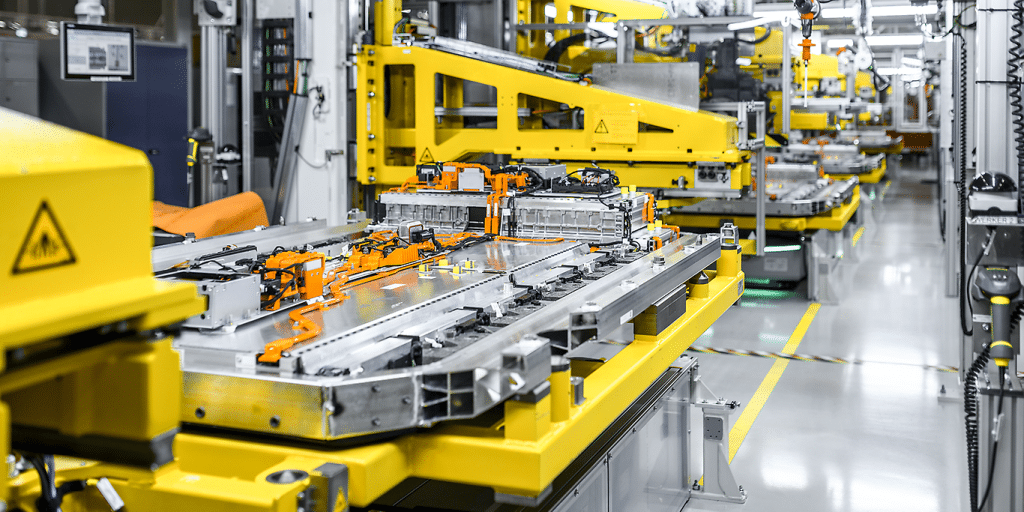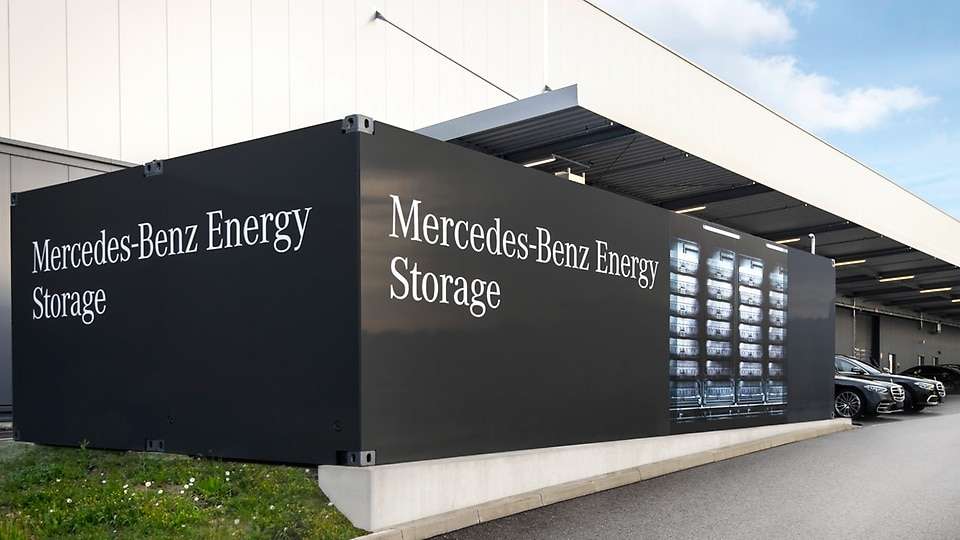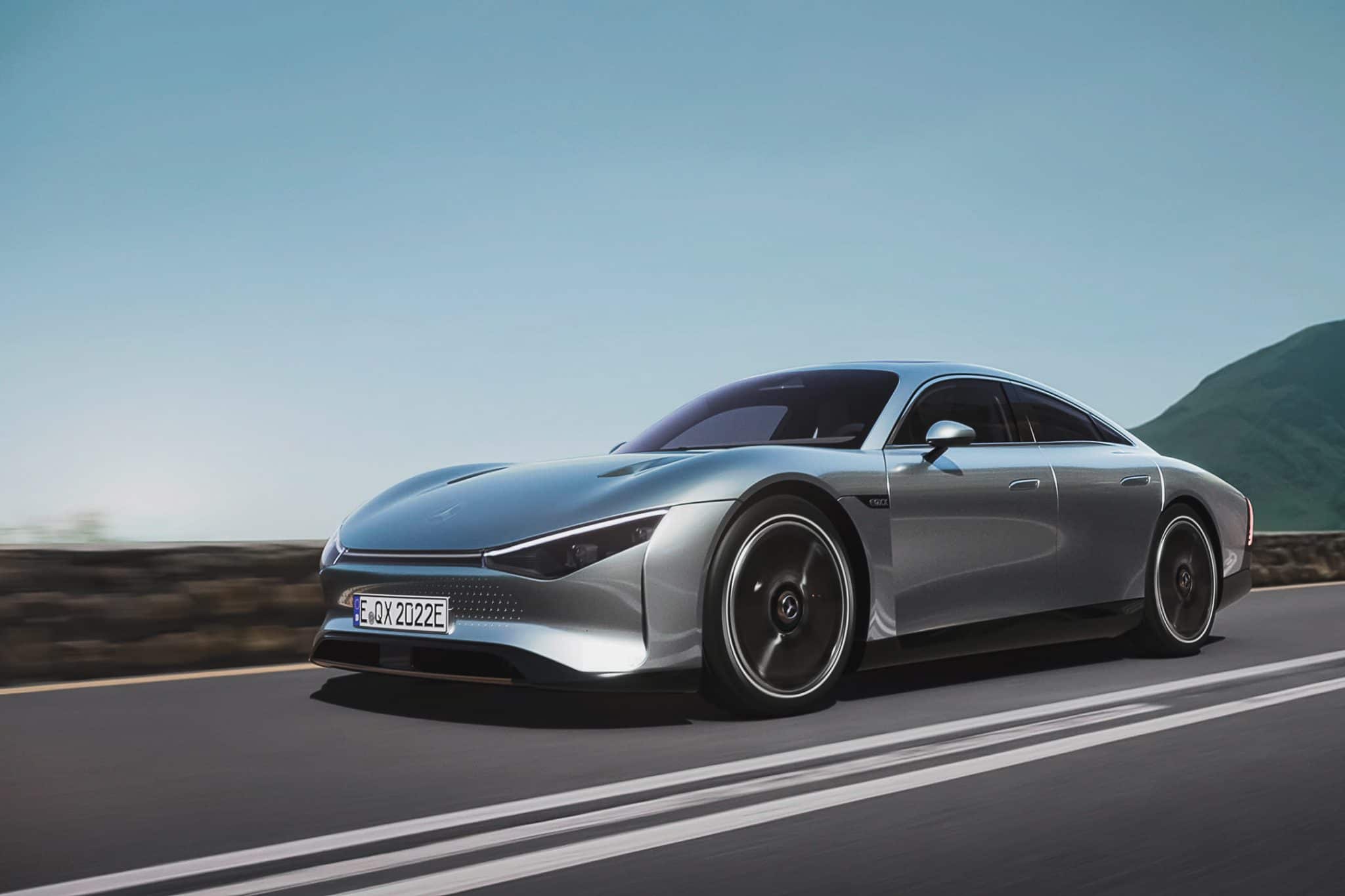In a European first, Mercedes-Benz says it’s breaking ground on an electric vehicle battery recycling plant that will have a 96 percent recovery rate.
German luxury automaker Mercedes-Benz says it has started construction for an EV battery recycling plant in Germany in an effort to close the recyclable material loop as it pushes toward an all-electric fleet.
“Mercedes-Benz is pursuing a clear goal with a view to conserving resources: a maximum circular economy for all raw materials used. Sustainable battery recycling is a key factor in this – worldwide,” Jörg Burzer, Member of the Board of Management of Mercedes-Benz Group AG, Production and Supply Chain Management, said in a statement.
96 percent recycling rate
“With our new recycling plant at the Kuppenheim location, we are increasing the recycling rate to more than 96 percent while expanding our own expertise in the area of battery value creation,” Burzer added. “Through targeted collaborative ventures with high-tech partners in China and the U.S., we are globalizing our battery recycling strategy and taking a decisive step toward closing the recycling loop in e-mobility.”
The carbon-neutral plant will be constructed in two phases: first, the mechanical dismantling will be operational by 2023, and hydrometallurgical processing of the battery materials will follow, the company said. Mercedes says it will be able to process 2,500 tons per year, using recovered materials to produce more than 50,000 new battery modules for the luxury automaker’s Mercedes-EQ range.

“The pilot factory at the Kuppenheim location marks the Mercedes-Benz Group’s entry into the important field of battery recycling, and will make the company more independent of raw material supplies in the future,” Michael Brecht, Chairman of the Works Council of the Mercedes-Benz plants in Gaggenau and Kuppenheim, said. “
At the same time, we are gathering important know-how on the subject of the circular economy and creating new, sustainable jobs that can be further expanded if operations are successful. Sustainability also includes human rights. In this respect, we as the General Works Council, together with the company management, adopted the Declaration of Principles for Social Responsibility and Human Rights last year as a central foundation for our daily actions.,” he said.
Mercedes-Benz says the project is intended to help it set standards for battery recycling in the most sustainable way. The hydrometallurgy process, a first in Europe, is expected to have a 96 percent recovery rate, a move the carmaker says allows a “holistic circular economy of battery materials.” The company is investing in continued battery recycling research as well as the plant construction.
It says it’s also paying close attention to human rights issues and working conditions for its employees. Cobalt mining, which plays a large role in new battery construction, has been linked to a number of human rights violations similar to diamond mining before the Kimberly Process went into effect.
EV battery recycling
Battery recycling has been one of the biggest criticisms of electric vehicles. Last year Tesla Motors said it had achieved a 92 percent recycling rate for its batteries.
British luxury carmaker, Bentley, which has yet to release a fully electric vehicle—its first is slated for 2025—is involved with the OCTOPUS project. That effort, Optimised Components, Test and simulation, toolkits for Powertrains, is working to create fully recyclable powertrains. Bentley says when its first EV hits the market, it will include the recyclable powertrain.
Mercedes-Benz has been slow to the EV market, but it’s moving with precision. Its latest model, the 677-horsepower high-performance electric car, the AMG EQE, is giving Tesla a run for its money, just like the buzzed-about EQS.

Mercedes-Benz says it offers reconditioned batteries as replacement parts for all of its electric vehicles, in order to comply with the idea of a closed economic cycle and to conserve resources. The luxury automaker says it has also established a “successful business model” that features stationary large-scale energy storage, where batteries that can no longer be used can be used in a second-life storage system.
“For example, in Factory 56 in Sindelfingen, where a stationary energy storage with an overall capacity of 1,400 kWh is connected to the DC network and acts as a buffer for excess solar power from the photovoltaic system. Material recycling is at the end of a battery’s life, and is the key to closing the loop of recyclable materials,” the company said.
Last week, the Mercedes-Benz prototype EQS SUV was spotted making rounds in Southern California. If it’s comparable to the EQS sedan, it will include a 115-kWh battery and about 329 horsepower, 419 pound-feet of torque, and boast a range of 350 miles per charge. That car is expected to hit the market later this year.


